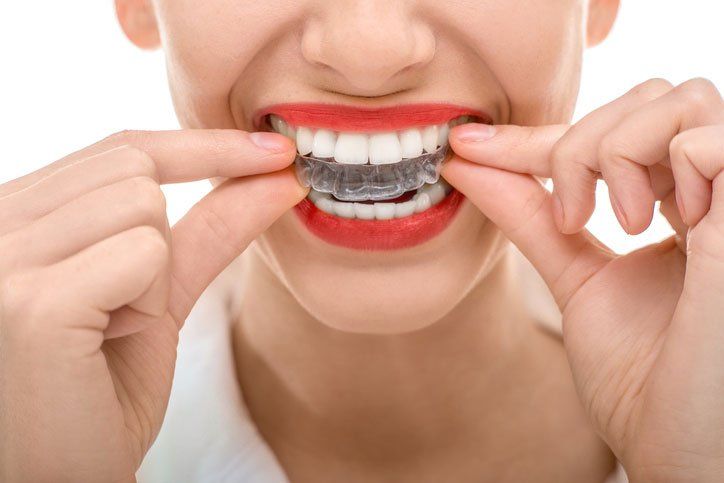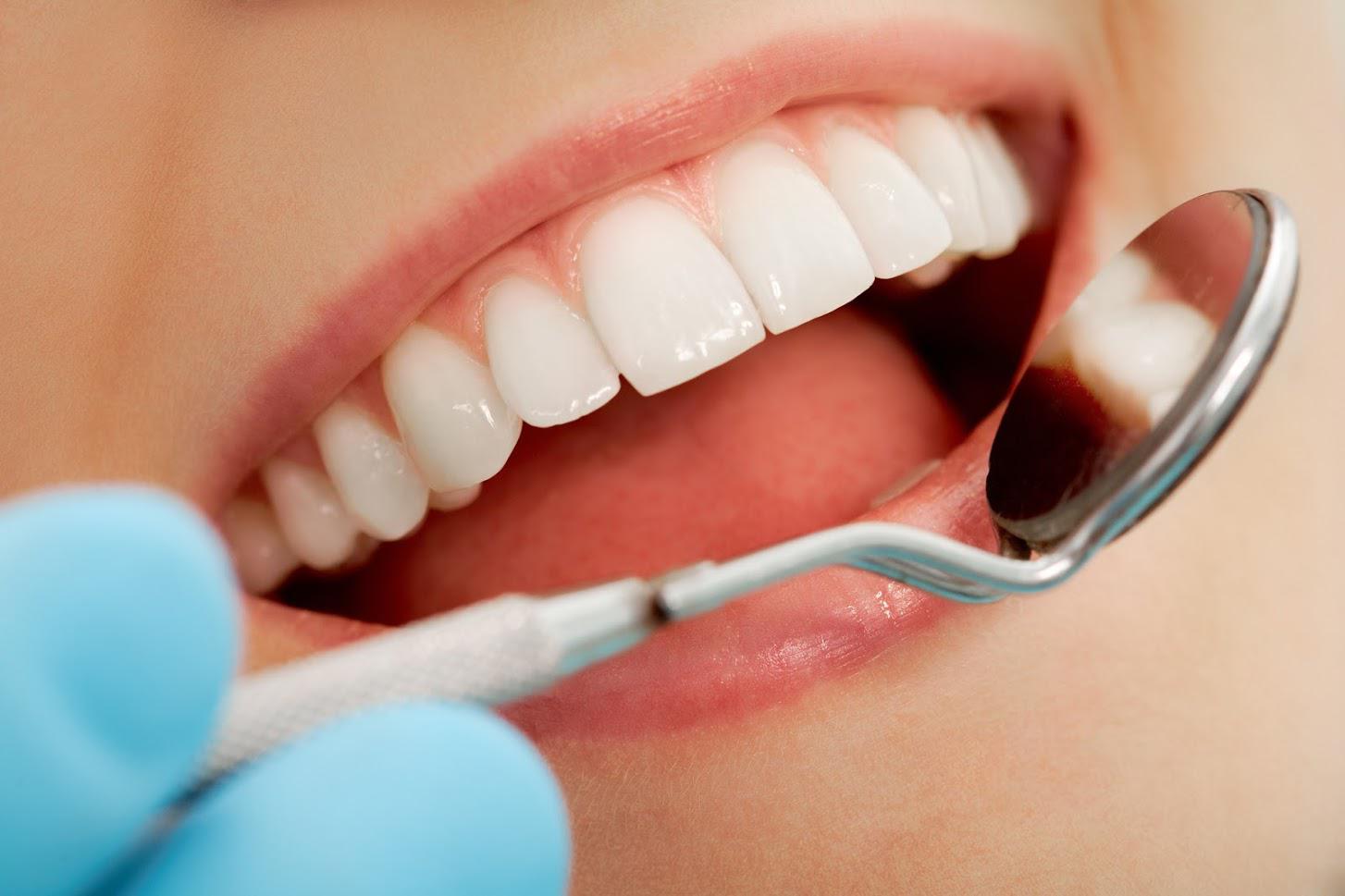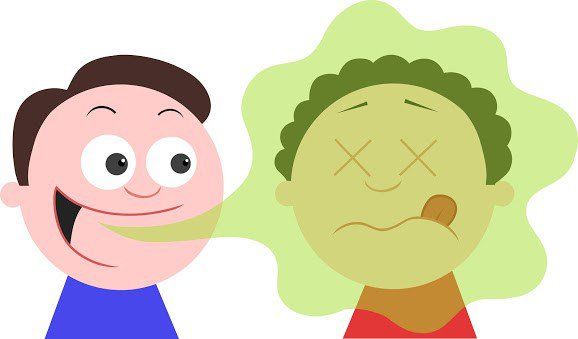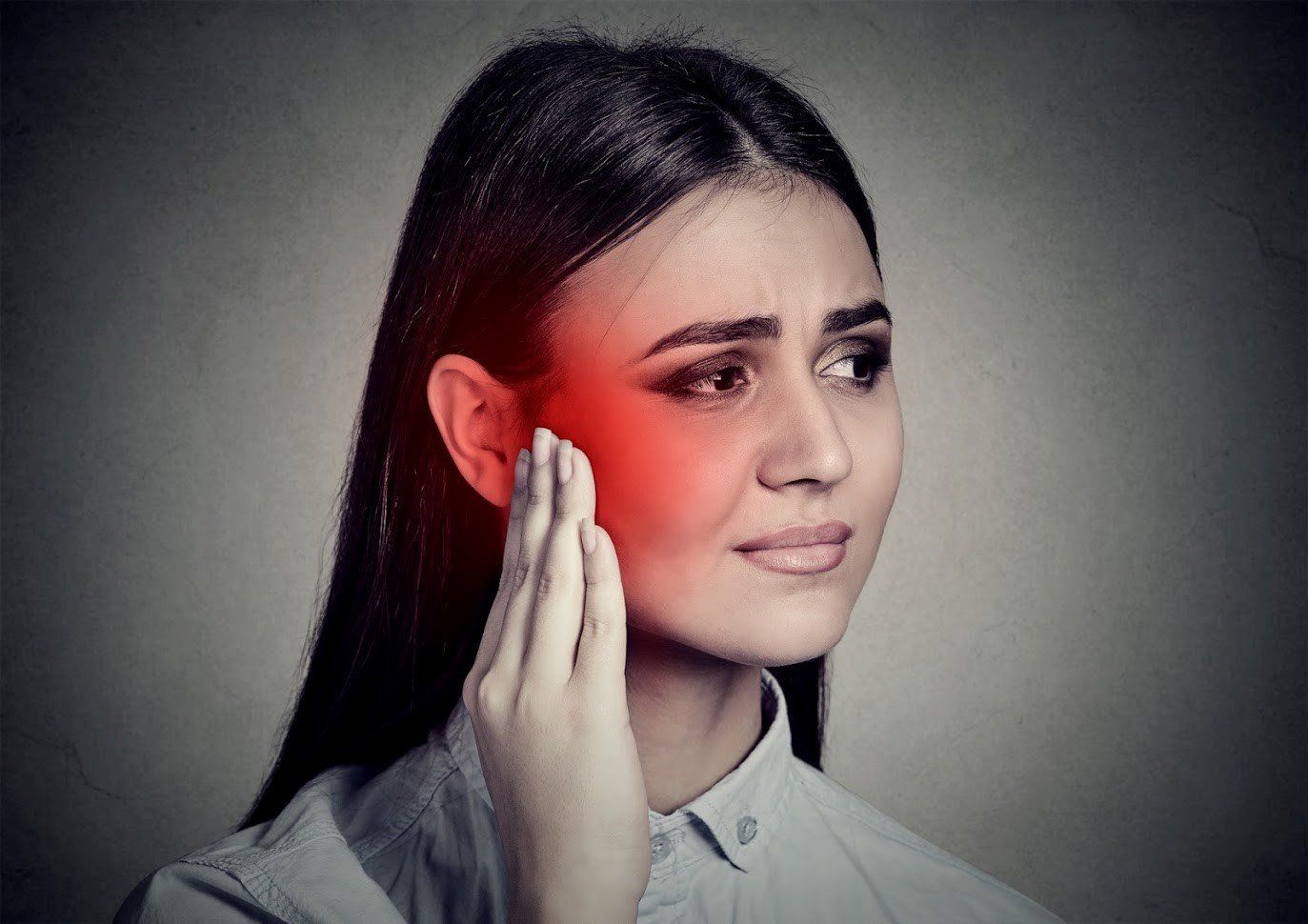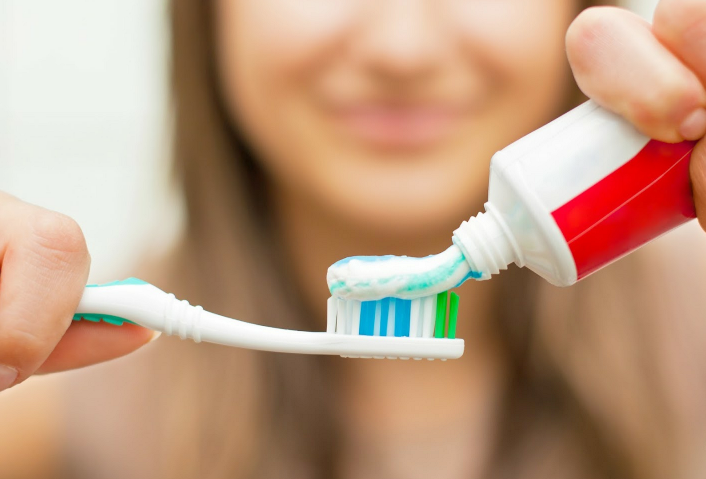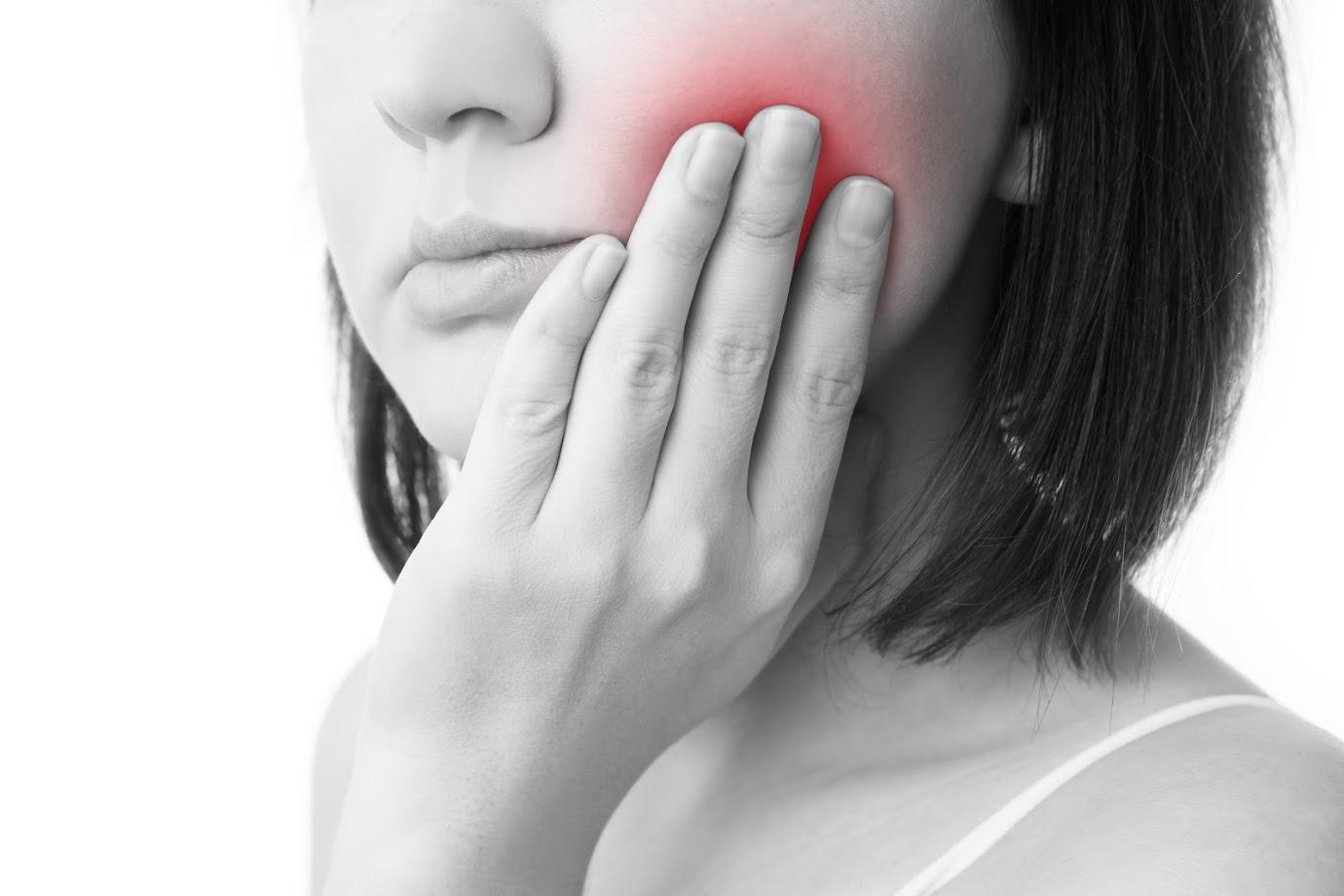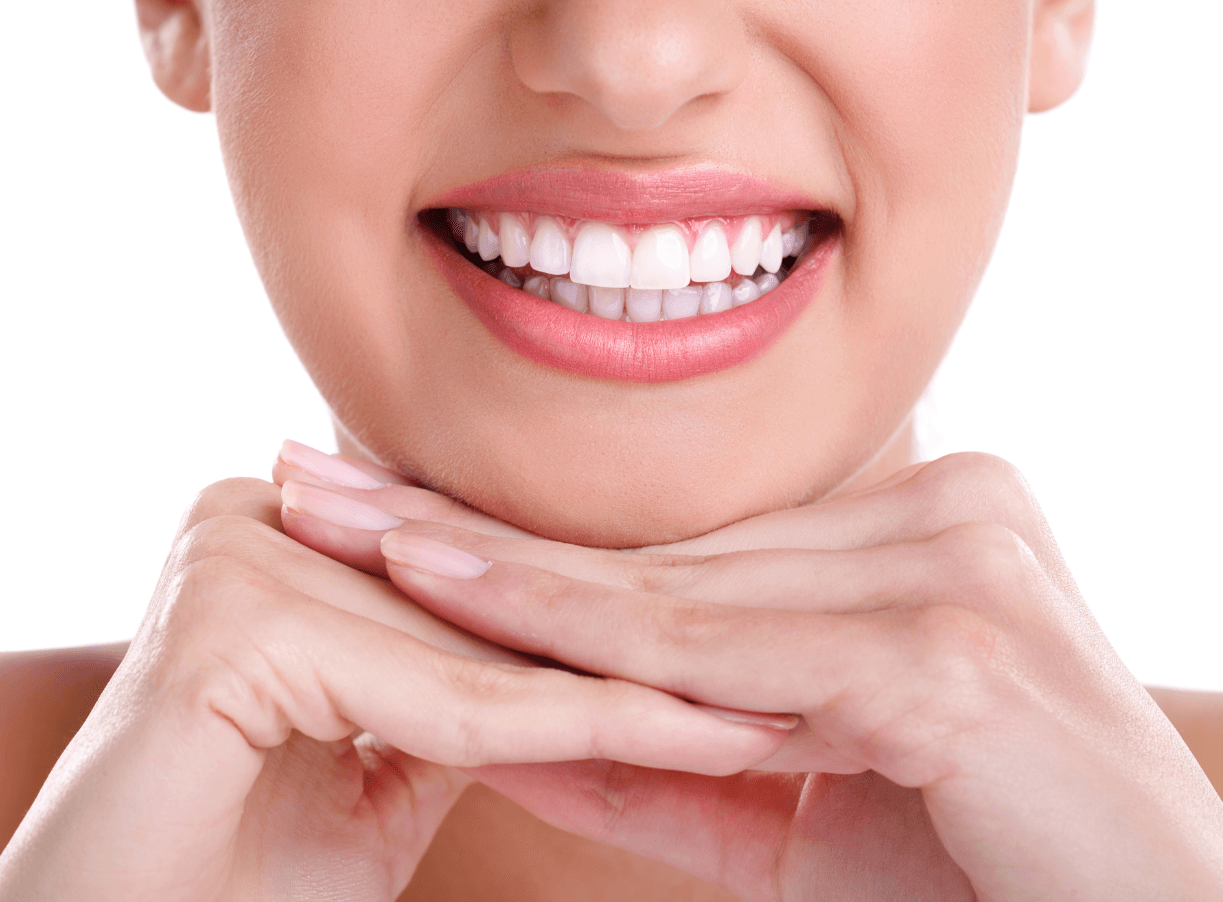6Do's and Don'ts for Those With Tooth Sensitivity
- By Admin
- •
- 27 Feb, 2019
- •
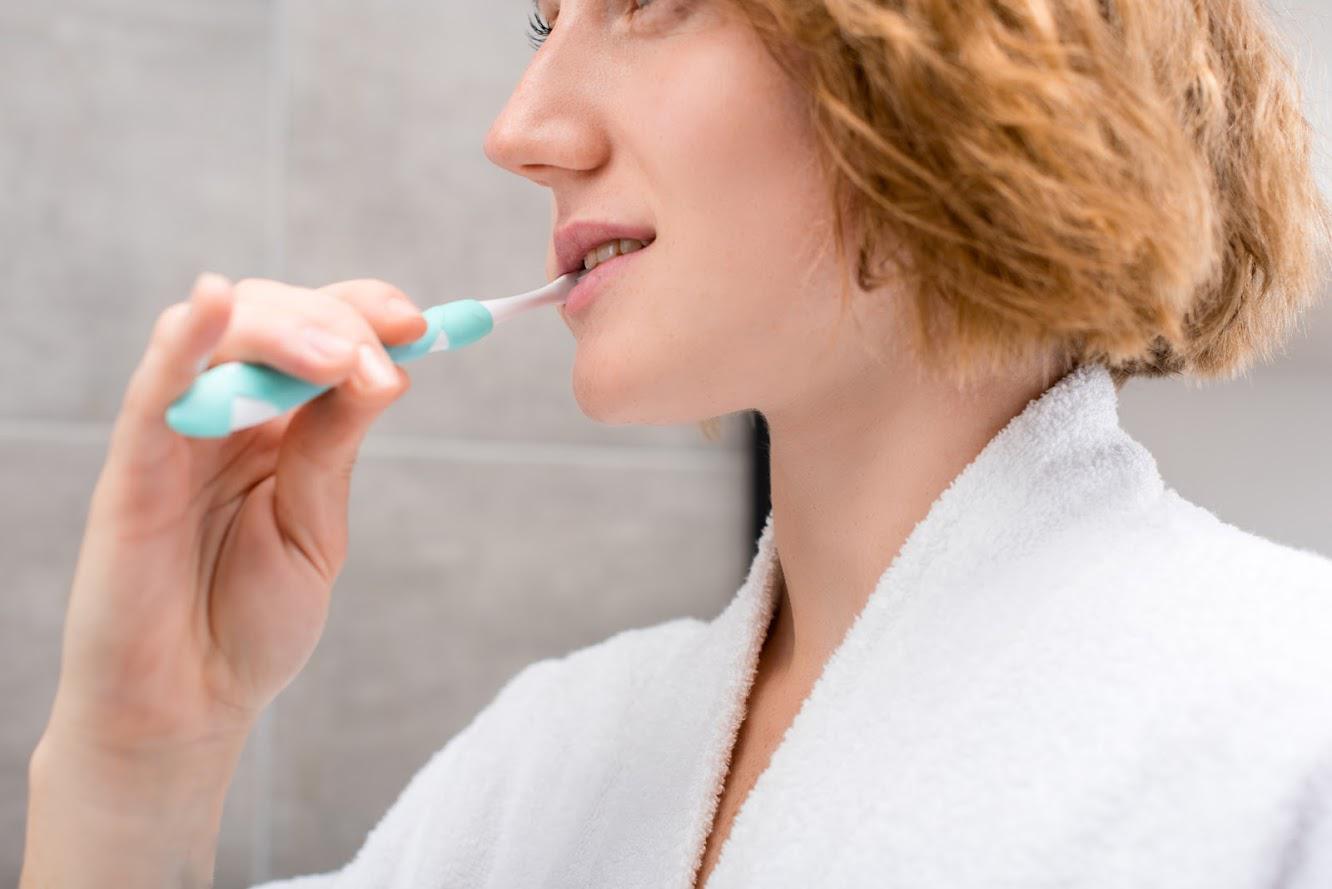
Tooth sensitivity often occurs when the tooth enamel wears down or the roots become exposed. The discomfort can make it painful when consuming hot or cold beverages. If you experience tooth sensitivity, you may be wondering what measures to take to combat the issue. Fortunately, you can ease your discomfort or prevent tooth sensitivity altogether.
Here are a few do's and don'ts to follow in your efforts to relieve your tooth sensitivity.1. DO Use a Soft Bristled Toothbrush
If you're brushing with a hard bristled toothbrush, you may be damaging the enamel on your teeth. Hard bristled can be tough on enamel, making your teeth sensitive as the dentin becomes exposed. If your teeth are sensitive, avoid tooth abrasion by using a soft bristled toothbrush. Many dentists recommend the soft bristles, as they are easier on gums and teeth.
2. DON'T Brush So Vigorously
If you're scrubbing your teeth vigorously, you may be doing more harm than good. For sensitive teeth, try not to be heavy handed with your toothbrush. Instead, brush gently for a longer amount of time, especially at the gum line where plaque often accumulates. Brushing with a light pressure may reduce your tooth sensitivity
3. DO Consider the Use of Topical Fluoride
When tooth sensitivity becomes especially troublesome, speak to your dentist about the use of topical fluoride. Fluoride may be in the way of a toothpaste or a mouth rinse. Professional fluoride treatments from your dentist may also be recommended.
Ask about a fluoride varnish or gel. When applied to your teeth by your dentist or oral hygienist, fluoride may reduce your tooth sensitivity. Varnish will be applied using some type of tray that is placed over your teeth, and the procedure is often performed during a routine dental cleaning. Fluoride treatments may help make the tooth enamel stronger.
4. DON'T Consume Highly Acid Foods and Beverages
Foods that are high in acid may strip away at your tooth's enamel. When tooth sensitivity is a problem, avoid foods such as oranges, grapefruit, tomatoes, and pineapple. Instead of citrus foods and drinks, concentrate on eating healthy vegetables that will not wear away at your tooth enamel and cause sensitivity.
5. DO Ask About Dental Procedures for Tooth Sensitivity
While visiting your dentist, ask about the possibility of tooth bonding for sensitive teeth. Dental bonding, in which a resin material is bonded to the teeth, may help repair flaws or cracks, thus reducing your tooth sensitivity. A bonded filling may be a good option if roots are exposed.
When your gums have receded, your teeth may become sensitive. In some cases, gum grafts are recommended for those with receding gums. Ask your dentist if a gum graft procedure is right for you. Gum grafting is performed by removing mouth tissue and surgically attaching it to the area where the gum has receded, in an effort to protect the root and reduce sensitivity.
6. DON'T Grind Your Teeth
Tooth grinding may be wearing down the enamel on your teeth and causing your sensitivity issues. If you can't seem to stop grinding, ask your dentist about using a customized mouth guard that may help protect your teeth from the negative effects of tooth grinding.
If none of the above treatments seem to be helping, your dentist may recommend a root canal procedure. While a root canal may typically cost more and be more time consuming, it may be the best option when other methods have failed.
In
conclusion, visit your
dentist
regularly. When gums become inflamed, or when plaque accumulates,
teeth may become sensitive. Your dentist should perform routine
cleanings to help you maintain good oral hygiene, and possibly
recommend other methods for combating tooth sensitivity.





